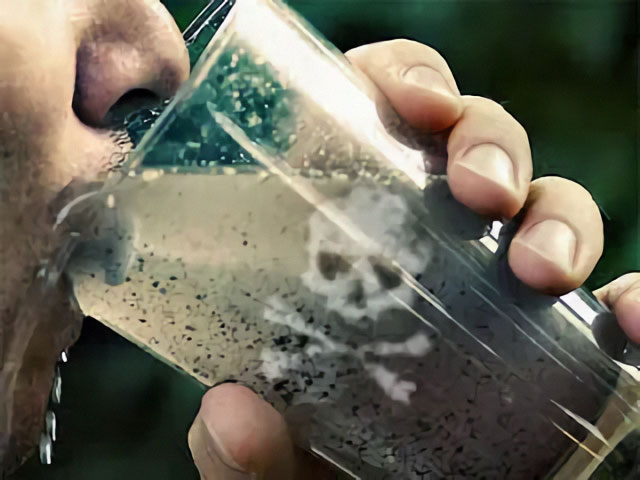What Are the Health Risks of Bottled Water? What will a Reserve Osmosis system do?
As for bottled water, 25 to 30 percent of it comes straight from municipal tap water systems, despite the pretty nature scenes on the bottles that imply otherwise. Some of that water goes through additional filtering, but some does not. NRDC has researched bottled water extensively and has found that it is “subject to less rigorous testing and purity standards than those which apply to city tap water.”
Bottled water is required to be tested less frequently than tap water for bacteria and chemical contaminants, and U.S. Food and Drug Administration bottled water rules allow for some contamination by E. coli or fecal coliform, contrary to EPA tap water rules that prohibit any such contamination.
Similarly, NRDC found that there are no requirements for bottled water to be disinfected or tested for parasites such as cryptosporidium or giardia, unlike more stringent EPA rules regulating tap water. This leaves open the possibility, says NRDC, that some bottled water may present similar health threats to those with weakened immune systems, the elderly, and others. They caution about drinking bottled or tap water.
Why take a risk when you can have pure clean bacteria free drinking water with all the impurities removed prior to showering or drinking your homes water? A water filter specifically designed to remove the impurities will remove contaminants while making your skin and hair softer. A reverse osmosis system will give you the purest water. Check out www.ultratechwatersystems.com and find out why it stands out from the other systems.


